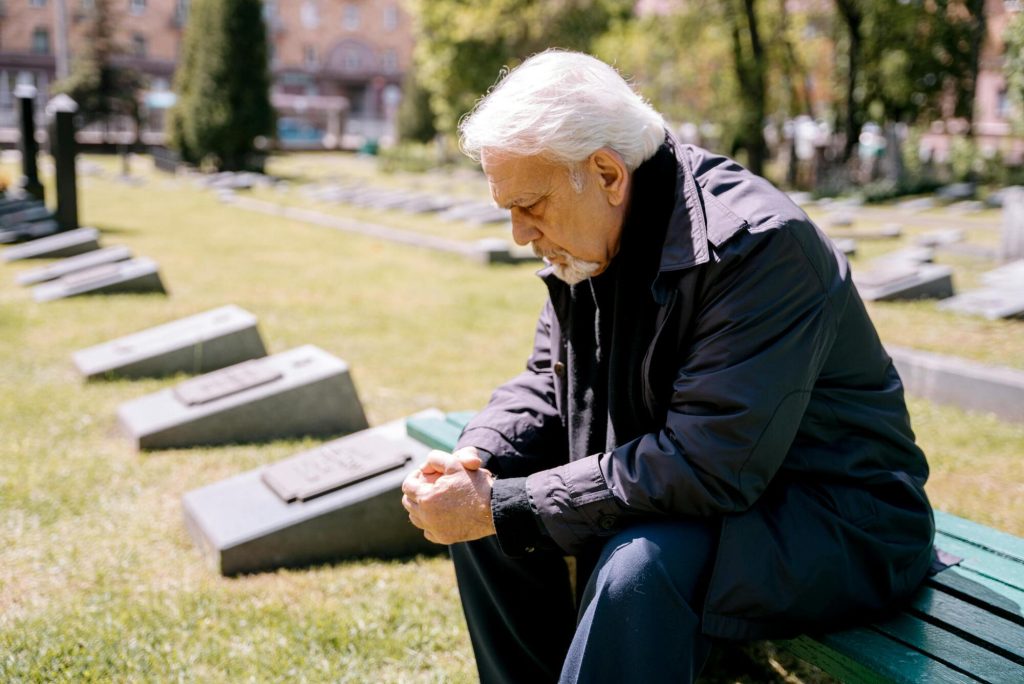Have you ever wondered why some seniors stay happy and strong even when life becomes more challenging? Aging brings changes to the body and mind, but it doesn’t have to weaken the spirit.
Many older adults find ways to stay emotionally strong and mentally healthy. The secret lies in learning how to care for the mind as much as the body.
This guide will share practical strategies for seniors to build resilience, improve mental health, and enjoy a greater sense of wellbeing throughout the aging process. Let’s dive in!
Understanding the Connection Between Aging and Mental Health
As people grow older, they may face new challenges such as loneliness, memory changes, or loss of independence. These experiences can affect how a person feels and thinks each day.
Mental health plays a big role in how well seniors cope with these changes. A positive mindset, regular activity, and strong social support can help protect mental wellness.
Knowing the signs of stress, sadness, or worry allows seniors and their families to find help early. Healthy aging is not just about physical strength-it’s also about emotional balance.
Building Daily Habits That Strengthen the Mind
Simple habits can make a big difference in keeping the mind active and positive. Staying connected with family and friends helps reduce feelings of isolation. Activities like reading, gardening, or learning new skills can keep the brain sharp.
Regular exercise improves both mood and memory, while a balanced diet supports brain health. Sleep also matters, as the mind needs rest to recover and think clearly. When these habits become part of daily life, they help seniors stay more focused, energetic, and emotionally stable.
The Power of Social Support and Community
Human connection is essential for mental health at any age. Seniors who spend time with others often feel more confident and less stressed. Joining clubs, volunteer groups, or community events can help create new friendships.
Sharing stories, laughter, and experiences builds a sense of belonging. Addressing stigma in older adults also makes it easier to talk about mental health challenges. When people feel accepted and supported, they are more likely to seek help when needed and maintain a hopeful outlook on life.
Strong social ties also encourage healthy habits, such as regular exercise and better nutrition. Over time, these positive connections help build lasting resilience and a greater sense of purpose.
Seeking Help and Staying Resilient
Asking for help is a sign of strength, not weakness. Speaking with doctors, counselors, or trusted friends can bring comfort and understanding. Many mental health resources are now available online or through community centers.
Learning coping skills, such as relaxation techniques or breathing exercises, can also help manage stress. Resilience grows when seniors face life’s difficulties with patience and hope.
With the right support, mental wellness can continue to flourish at any age. It is never too late to learn new ways to handle emotions and find balance.
Embrace Hope and Wellness in Later Years Using This Guide
Aging does not mean losing joy or purpose. It can be a time to rediscover passions, share wisdom, and enjoy meaningful connections. By caring for their mental health, seniors can continue to live fully and happily. Resilience comes from staying active, connected, and open to life’s experiences.
Every small effort to nurture the mind adds up to a stronger, healthier self. Aging with mental strength brings peace and confidence. With the right mindset and support, every stage of life can be filled with growth and gratitude.
Did you like this guide? Great! Browse our website for more helpful topics!







